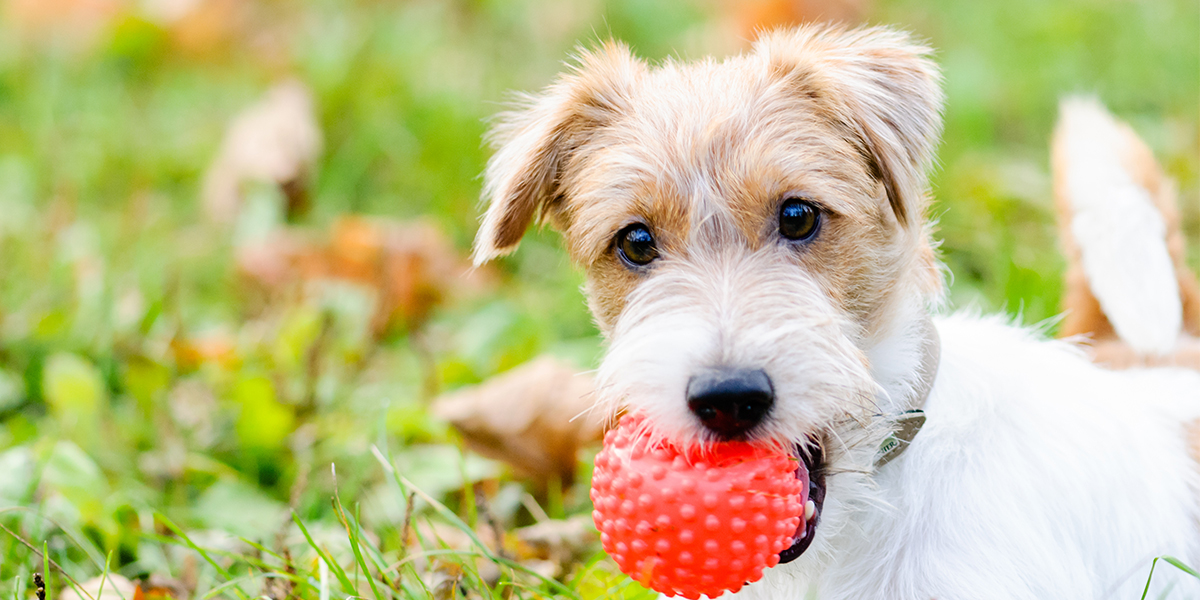Got a New Puppy Home
You bought a puppy for your kid or your wife, saved a little one from the street or adopted one? So, you brought him home and … do you want to know what to do? Discover the “list of things to do” take your new role with responsibility and, start a new like, step by step nearby your new member of your family.
It is important to be calm first, to realize that you are unlikely to know in advance what is necessary for a young puppy, so it is important to keep in touch with your Vet specialist. This is for you the main source of information and helpful advice on the proper care and health of the animal.
You will see, as is normal, that the life of the early-age dog at 2-3 months is as sweet as a baby’s. His fight is just beginning and you are his ally, you are his new “parent”.
But excluding his seductive look, what to expect?
- The dog needs affection. If you have adopted him and you are his “father”, behave yourself: love him, touch him, and talk to him, warm him up next to you! Buy some puppy toys for him to know they come from you.
- The dog will make noise. He will cry like a baby when he is hungry, when he wants attention, when something hurts him or he is lost or he wants his favourite puppy toys.
- The young dog has no idea about eating at fixed hours; he will eat as many times you give. Do not do this mistake, reduce the food for 4-5 times a day, when he is hungry; replace the food with a puppy toy and he will get used to chew.
- The dog bites. At a young age, teeth are also used to “taste” of your hands, practice a bite or, most of the time, to attract attention. Do not do it because the teeth are sharp like needles. Let him bite the toys, there are lots of puppy toys that he can bite as many times he wants.
- The dog has hair. If he has hair, he’ll lose it so you’ll find his hair in the house; buy an appropriate brush for his hair and get him used to be brushed; eventually give him one of his puppy toys to play.
So, which are the most important things for your puppy?
- Food. Ask the breeder with what food he fed until you took him, so you could know the same thing, at least until you get to a new type of food. Feed it carefully, even 2-3 months, even 4-5 times a day. Do not you know how to give them to eat? Read the food label you’re using, surely it has a table with indications for age and weight.
- Preventive medicine. Until the age he can be vaccinated, he must stay in quarantine (he stays in the house, does not come in contact with other dogs, even vaccinated, does not go out, we do not leave him at friends and we wash our hand when we come home. It is good to think that serious diseases at this age are transmitted as easily as human influenza. Until the age of 3-4 months there are many hazards and you can choose to avoid them with the help of the specialist veterinarian and following his recommendations.
- The Cage. Make him his only place where he can retire when he wants or when he feels tired. It has to be an accessible, dry, warm place to provide safety; and of course, put there all his puppy toys so that he cage becomes familiar and pleasant for him
- Toys! Yes, puppy toys. It’s a kid, Wright? Or maybe you want the furniture or the slippers to be the toys they choose for themselves? No, you don’t, so buy him toys and keep in mind the followings when you choose his toy as he is a little creature, with little teeth and toys must not hurt him in any way: soft enough to provide relief, tough enough to last, shatter-proof, appropriately sized, pleasant tasting to encourage use it and of a good shape and texture. Do not buy cheap puppy toys or toys for children.
- Canine cosmetics. Yes, the dog is washed, on the body, on the eyes, in the ears and even on the teeth, with special dog products and after the doctor recommends. Finally we must know your dog represents you, he is your buddy, your friend, your kid, your family and your way of seeing the world in another way.


